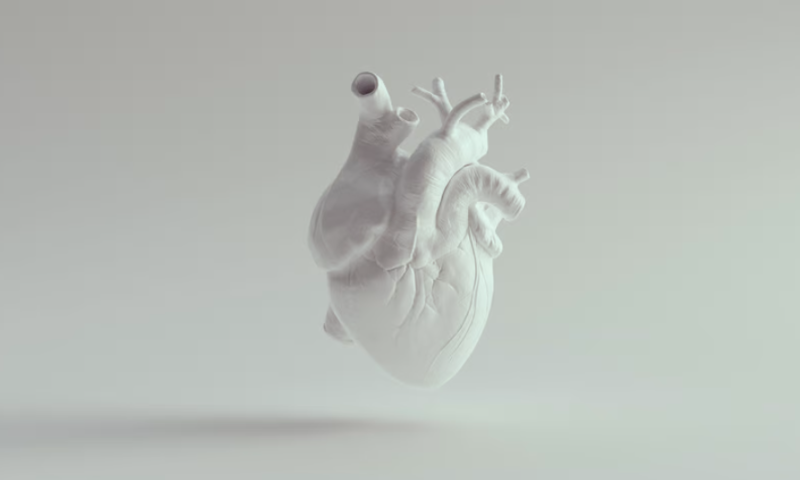Johnson & Johnson plans to absorb Abiomed into its pantheon of medtech companies, offering $16.6 billion for the maker of minimally invasive heart pumps and lung support devices.
The deal includes an upfront cash payment of $380 per share, representing a 50% premium over Abiomed’s closing stock price the day before the announcement. Shareholders will also be able to receive another $35 per share if Abiomed’s pipeline and portfolio pass certain clinical and commercial milestones.
The transaction marks J&J’s largest deal since its Janssen pharmaceutical division shelled out $30 billion in 2017 for the Swiss rare disease biotech Actelion. Abiomed’s sale has been unanimously approved by both companies’ boards of directors, and they expect the deal to close before the end of March 2023.
At that point, the cardiovascular maven will join J&J MedTech’s slate of companies and operate as a standalone business alongside Ethicon, Depuy Synthes and Biosense Webster, among others. The company is set to become one of the conglomerate’s “priority platforms,” defined by annual sales topping $1 billion.
Abiomed’s current chairman, president and CEO, Michael Minogue, will step down after the deal closes. After assisting with the transition, he will pass the baton to chief commercial officer and company veteran Andrew Greenfield, who has been named president of Abiomed.
Meanwhile, Abiomed’s integration with the J&J mothership will be led by its worldwide medtech chairman, Ashley McEvoy, as well as Michael Bodner, an interventional cardiovascular executive who most recently served as worldwide president of Biosense Webster’s electrophysiology business.
Abiomed’s flagship product includes its Impella line of miniaturized, catheter-based heart pumps, designed to be threaded into the heart through the body’s blood vessels and help rescue the patient’s native tissue. Once in place, the temporary devices work to bypass blood through the organ’s chambers, helping to take the workload off a weakened cardiac muscle and allow it time to recover. The devices can also be used alongside treatments for severe coronary artery disease, cardiogenic shock and heart attack.
More recently, Abiomed worked to diversify its offerings by acquiring the Breethe life support system for patients suffering from respiratory failure, as well as preCARDIA’s vein-blocking balloon designed to prevent too much blood from flowing into the heart and overloading its contractions.
Abiomed has seen 20% annual growth in its top-line revenue for 17 years, including during the COVID-19 pandemic; its products are stocked in all major cardiovascular catheterization labs in the U.S., as well as nearly all heart transplant centers, in addition to placements in hospitals in Germany and Japan. The company logged $1.03 billion in revenue (PDF) for its 2022 fiscal year, ending this past March, for a 22% increase over the year before.
J&J, meanwhile, describes heart failure and recovery as one of healthcare’s largest unmet needs, with all forms of cardiovascular disease contributing to heart failure and significant hospitalizations and expensive extended stays.
J&J expects the transaction to be slightly dilutive or neutral to adjusted earnings per share in the first year, before accruing about $0.05 in 2024 and more thereafter, according to the press release.
Should net sales of Abiomed’s portfolio pass $3.7 billion before the end of the first quarter of its 2028 fiscal year, shareholders will be entitled to another $17.50 per share.
At the same time, obtaining an FDA approval milestone by the end of 2027 for the use of its Impella devices in heart attack patients with a completely blocked coronary artery, known as a STEMI, will trigger another $7.50 per share payout.
An additional $10.00 per share will be payable after the first publication of strong clinical recommendations for the use of Impella in high-risk percutaneous coronary intervention procedures or STEMI treatments before the end of 2029.

